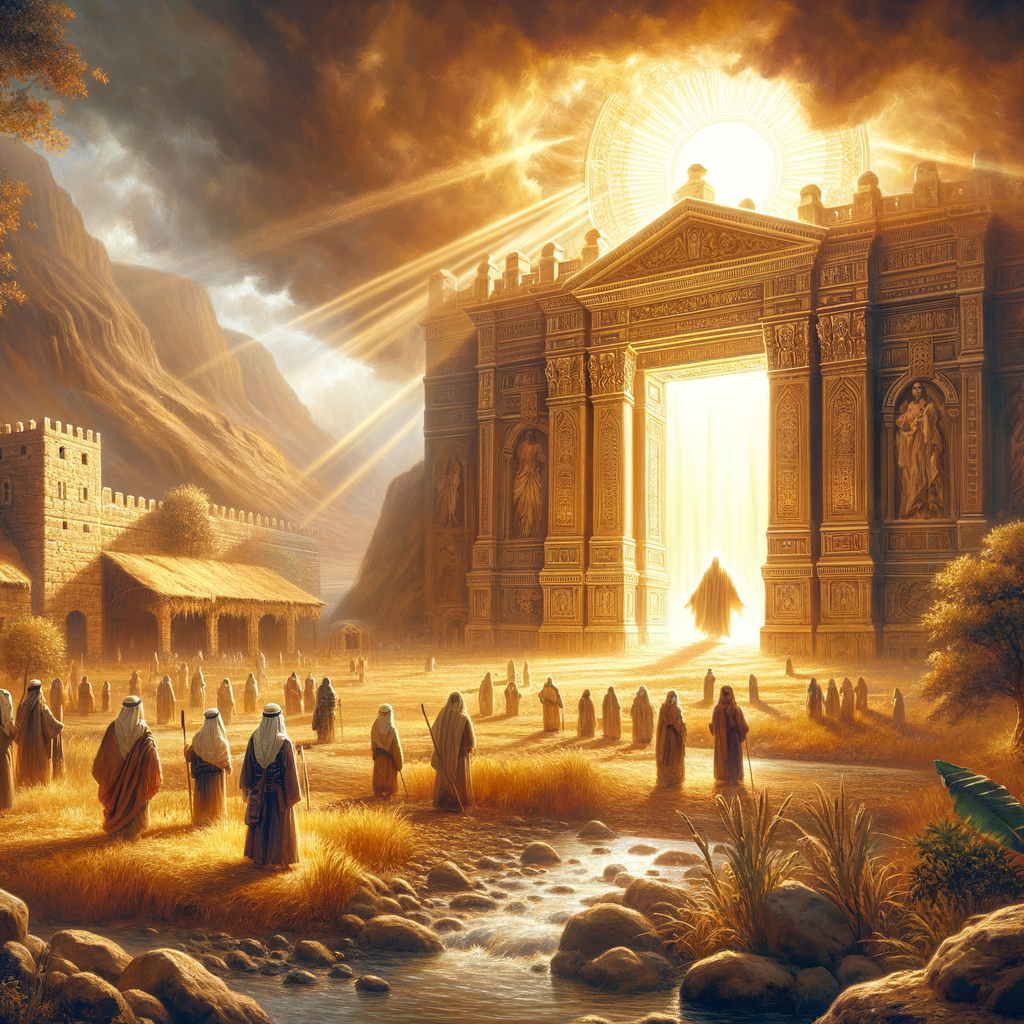A Review on the Historical and Religious Significance of Canaan
The land of Canaan, often recognized as a significant geographic region that overlaps with modern-day Palestine and Israel, carries profound implications within both historical and religious contexts. This blog post endeavours to explore the multifaceted significance of Canaan, highlighting its historical roots, religious importance, and the implications of its legacy on contemporary discourse.
1. The Historical Context of Canaan
To understand the significance of Canaan, we must delve into its historical context. This ancient land is frequently mentioned in various religious texts, particularly within the Hebrew Bible. It is important to recognize a few key historical milestones regarding Canaan:
- Canaan was inhabited by various Semitic tribes, commonly recognized as the Canaanites, during the Bronze Age.
- The Hebrew Bible states that God promised this land to the descendants of Abraham, thereby solidifying its importance within Jewish theology and history.
- The conquest of Canaan by the Israelites is depicted in the Book of Joshua, where they sought to establish a homeland as divinely ordained.
1.1 Archaeological Evidence
Archaeological findings support the historical narrative surrounding Canaan. Excavations have uncovered remnants of ancient city-states, agricultural practices, and trade routes that testify to Canaan’s pivotal role in the ancient Near East. Notably, sites like:
- Jericho – one of the oldest inhabited cities in the world.
- Hazor – an important Canaanite urban center.
- Megiddo – a site of significant military and trade activity.
2. Religious Significance of Canaan
Canaan’s significance transcends its geographical and historical dimensions; it holds profound religious meaning, especially in Judaism, Christianity, and Islam.
2.1 Canaan in the Jewish Tradition
In Judaism, Canaan is often referred to as the Promised Land, a divine gift from God to the Jewish people:
- The covenant between God and Abraham, which extends to his descendants.
- Biblical prophecies that highlight the return of the Jewish people to Israel.
2.2 Canaan in Christianity
In Christianity, Canaan is seen as an essential precursor to the New Covenant, serving as a metaphorical representation of spiritual freedom and the Kingdom of Heaven. Many Christian denominations emphasize:
- The significance of Jesus’ ministry in this land.
- The continuity of God’s promises throughout scripture.
2.3 Canaan in Islam
In Islam, the land of Canaan holds spiritual significance as well. The Quran acknowledges the narrative of the Israelites and their exodus, as well as references to various prophets who are integral to the Islamic faith.
3. Contemporary Implications
In the modern era, the historical and religious claims surrounding Canaan have ignited numerous debates and conflicts, particularly concerning:
- Territorial Disputes – Ongoing disagreements between Israelis and Palestinians regarding land rights.
- Heritage and Identity – Competing narratives that shape national identities.
- Cultural Significance – The importance of preserving historical sites amidst modern developments.
Conclusion
The land of Canaan is imbued with rich historical contexts and profound religious meanings that continue to resonate in today’s discussions. As we explore the implications of Canaan’s legacy, it becomes evident that understanding its past is crucial for navigating the complexities of contemporary issues surrounding the region. Indeed, the narratives of Canaan invite us to engage with not only its history but also with the diverse perspectives that shape our world today.


Leave a Reply
You must be logged in to post a comment.